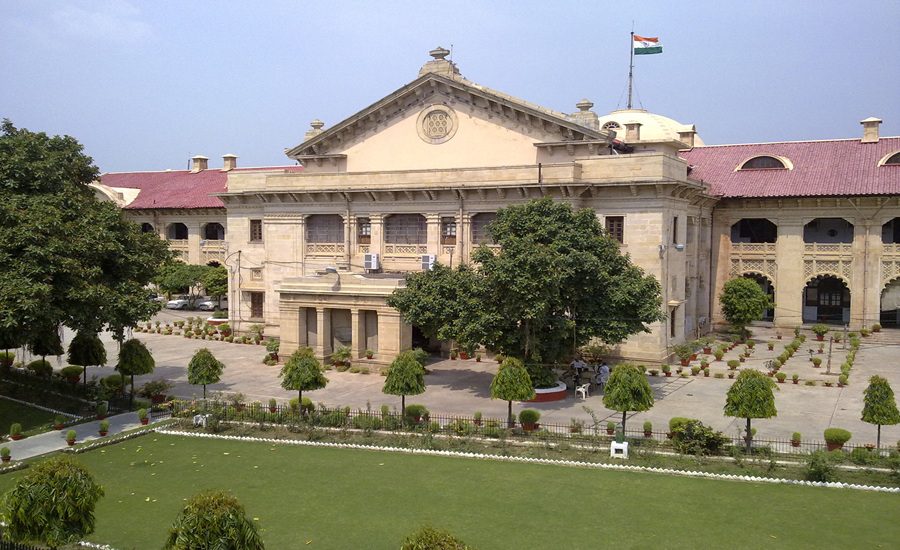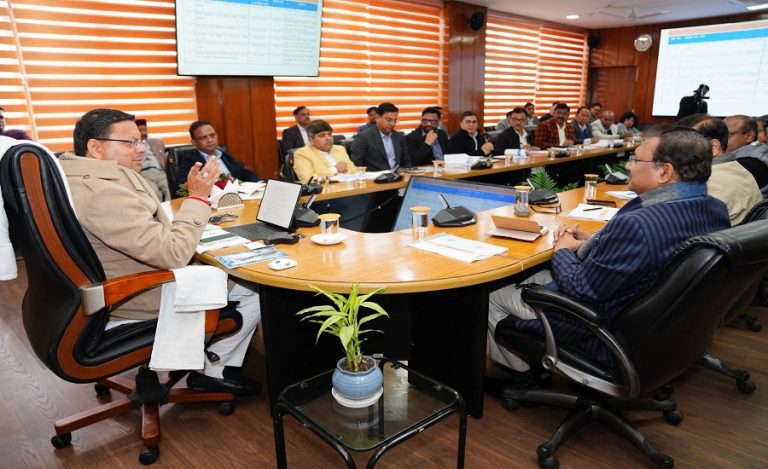New Delhi: In a significant but partial relief to the overburdened Allahabad High Court, the Central Government has approved the appointment of five new judges. The move comes amid growing alarm over the court operating at barely half its sanctioned judicial strength.
The Ministry of Law and Justice confirmed the appointments on August 4, following recommendations from the Supreme Court Collegium. The Allahabad High Court currently has only 80 judges in place against a sanctioned strength of 160, making it one of the worst-hit High Courts in the country in terms of vacancies.
Newly Appointed Judges
The five judicial officers elevated to the High Court bench are:
- Pramod Kumar Srivastava-II
- Santosh Rai
- Zafeer Ahmad
- Abdul Shahid
- Tej Pratap Tiwari
Justices Srivastava-II, Rai, and Ahmad were recommended by the Collegium in July 2025, while Justices Shahid and Tiwari were part of an earlier proposal made in April 2025.
The appointments come at a time when judicial delays have reached critical levels. The Allahabad High Court continues to struggle with a growing backlog of cases and mounting pressure on its sitting judges.
Also Read: SC Collegium Recommends Elevation of 8 Judicial Officers as Judges of Allahabad High Court
Vacancy Crisis Triggers PIL
The chronic shortage of judges has led to a Public Interest Litigation (PIL) being filed before the Allahabad High Court. The petition calls for judicial intervention to ensure timely appointments by the Centre and the State government. It argues that the vacancy crisis is seriously impairing the justice delivery system and denying timely relief to the common public.
With only 80 judges presiding over thousands of pending cases, the court’s ability to maintain its mandate of swift justice is severely hampered. Legal practitioners and citizens alike have been vocal in demanding fast-track appointments to fill the remaining vacant posts.
Collegium’s Role and Delays in Processing
While the Supreme Court Collegium has been actively recommending names, bureaucratic processes and administrative delays have frequently slowed down the final appointments. This has resulted in a bottleneck where even approved recommendations often remain pending for weeks or months.
Experts view the recent appointments as a necessary but inadequate step. Many emphasize the urgency of systemic reform to ensure judicial vacancies are addressed proactively and efficiently in the future.
The Allahabad High Court, one of the oldest and largest in the country, remains under immense strain as long as over 50% of its judicial posts remain unfilled.




























